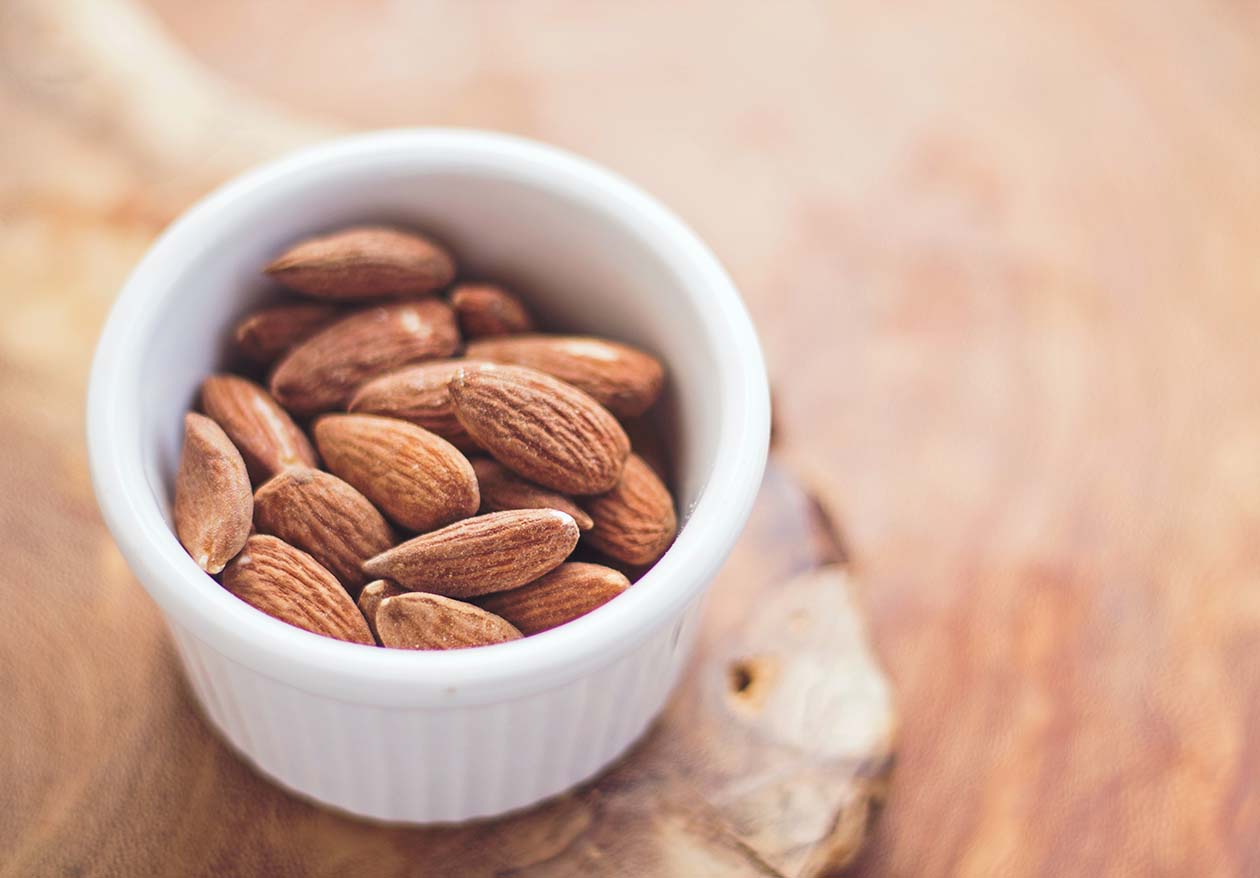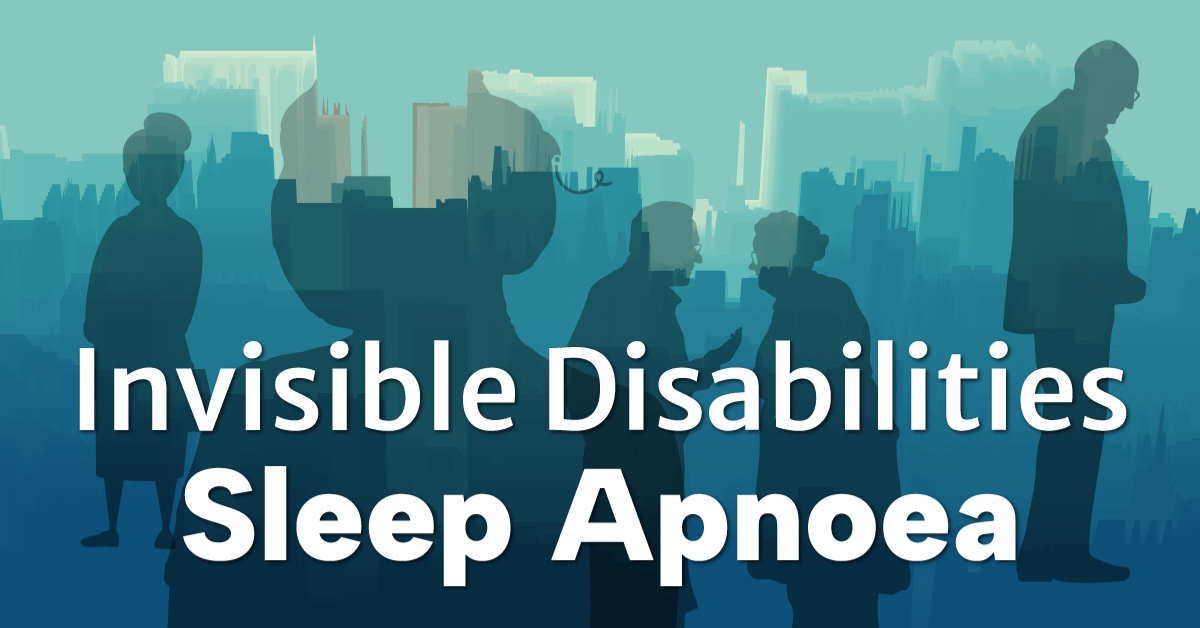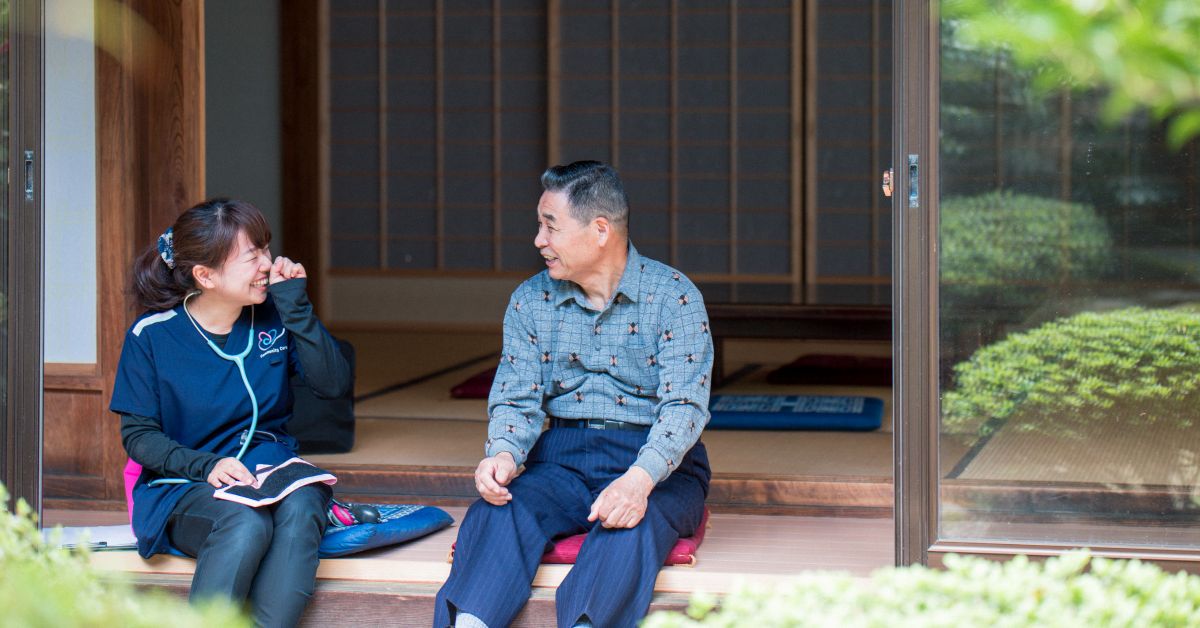A longer lifespan will mean that we need a healthy heart to go further. Often, we forget the importance a healthy heart plays in staying independent and productive, especially as our body continues to bear the physical pressures of ageing.
First created by World Heart Federation, World Heart Day is celebrated annually on 29 September to drive action and raise awareness about cardiovascular disease (CVD).
Being the world’s leading cause of death, CVD claims millions of lives annually. Yet, with the right lifestyle habits, many premature deaths can be avoided.
This World Heart Day, we debunk and discuss myths surrounding cardiovascular health with the expertise of geriatrician Dr Tang. Having worked with many seniors throughout his career, Dr Tang notes the increased importance of preserving cardiovascular health for our silver years.
Read on to find out more about the small changes we can make in our daily lives to reap long-lasting rewards and keep our hearts in the pink of health.
Advertisement
MYTH: 1 We should completely avoid fat in our diet.
Anything taken to the extreme is not helpful for our bodies. With that logic, completely avoiding fat prevents us from fully nourishing ourselves with the right nutrients. Rather than avoid fats, one can swap out unhealthy fats for better options.
Watch out for saturated and trans fats, and instead look for omega-3 fatty acids with mono- and polyunsaturated fats. Food rich in in healthy fats include fish, avocados, unsalted nuts, and seeds. Of course, you do not have to limit your diet excessively – everything in moderation!
MYTH 2: We can lower the risk of heart disease if we take vitamin supplements.
There is some evidence that specific nutrition can improve heart health. Notably, the abovementioned healthy fats, folate, potassium and fibre have all shown some preventive value.
However, this does not mean that bottles of supplements and multivitamins are the answer. Rather, what the above translates to is the need for a diverse and measured diet of Mediterranean cuisine within the boundaries of one’s caloric requirements. With a healthy diet, one should not need additional supplements as the vitamins needed would be provided by the food alone.
So, what exactly is the Mediterranean Diet?
It revolves around meals with a variety of vegetables, beans and whole grains. Less meats, and instead eat fish at least twice a week. Use olive oil in cooking and dressings. For desserts and snacks, serve up nuts, seeds and fresh fruit.
Arguably, with regards to vitamins, most would prefer a hearty platter over a medicine cup of pills to begin with! However, if you must, a multivitamin pill would go further in balancing the overall requirements. In this case, a healthy diet is the answer, and multivitamin supplements are only an added option.
MYTH 3: Seniors should avoid exercises especially if their heart is weaker due to age.
Exercise, or rather, regular exercise, is beneficial for cardiac health at all ages. Moderate to high intensity in particular have shown benefit.
Sudden burst of activities and especially intense activities are discouraged and can hurt the body. Chest discomforts and giddiness on effort are good warning signs that should be taken seriously.
As a practice, get your heart tested before embarking any regime by seeing your GP or a cardiologist. When embarking on any exercise regime, start slow and progress slowly. Get a trainer or an experienced coach to guide you along. Especially during exercise, it is important to avoid falls and injuries as they can put a quick halt to these efforts. Furthermore, pre-existing conditions like osteoporosis can lead to fractures during such injuries.
HIIT may be the ‘hit’ thing to do nowadays, but an equivalent moderate pace of 30 minutes three to five times a week will see you through much further. Aging joints and ligaments may take a hit and buckle under the impact of HIIT, putting the regime on the bench. What all these translate to is a good, paced walk or jog for 30 minutes that still allows you to chat and speak whilst chugging along. For those with knee problems, a swim or cycle could be good alternatives.
The Heart Truth
Even if some of us lead a stress-free lifestyle with little to no risk factors, we should always monitor our heart health frequently as there are always factors that we cannot control when it comes to our bodies. Whilst reducing stress can mitigate the risk for heart disease, we should always be mindful of the ravages of aging, and one must keep an eye on the heart’s performance. This is also a reminder to go for regular body check-ups, cardiac testing is well established and easily accessible today.









